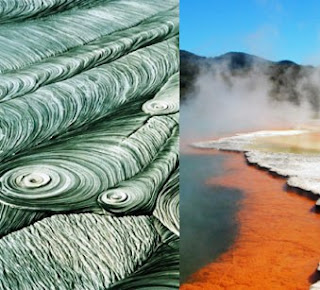WikiLeaks expose
9/11 dominates US diplomacy
A decade after the Sep 11, 2001 attacks, the dark shadow of terrorism still dominates the United States' relations with the world, said the Times. "They depict the Obama administration struggling to sort out which Pakistanis are trustworthy partners against Al Qaeda, adding Australians who have disappeared in the Middle East to terrorist watch lists, and assessing whether a lurking rickshaw driver in Lahore, Pakistan, was awaiting fares or conducting surveillance of the road to the American Consulate."
3000 cables from Delhi to Washington
Among a cache of a quarter-million State Department cables released by WikiLeaks, 3,038 are from the US embassy in India, but no details were immediately available on the whistleblower website. Other cables pertain to communications from US missions in Islamabad, Colombo and Kathmandu. India was one of the countries reached out by top US diplomats before the much anticipated release of what the New York.
Hacking by Chinese
Another cable cited by the Times said a Chinese contact told the American embassy in Beijing in January that China's Politburo directed the intrusion into Google's computer systems in that country. The Google hacking was part of a coordinated campaign of computer sabotage carried out by government operatives, private security experts and Internet outlaws recruited by the Chinese government, it said. They have broken into American government computers and those of Western allies, the Dalai Lama and American businesses since 2002, cables said.
Saudi worries
Dispatches from early this year quote the monarch of Saudi Arabia, King Abdullah, as speaking scathingly about the leaders of Iraq and Pakistan. Speaking to another Iraqi official about Nuri Kamal al-Maliki, the Iraqi prime minister, King Abdullah said, "You and Iraq are in my heart, but that man is not." The king called Pakistan President Asif Ali Zardari the greatest obstacle to that country's progress, the Times said citing a cable. "When the head is rotten," he said, "it affects the whole body."
Nuclear standoff with Pakistan
“They document years of painstaking effort to prevent Iran from building a nuclear weapon - and of worry about a possible Israeli strike on Iran with the same goal," the Times said. Detailing "a dangerous standoff with Pakistan over nuclear fuel" revealed by Wikileaks, the Times said: "Since 2007, the United States has mounted a highly secret effort, so far unsuccessful, to remove from a Pakistani research reactor highly enriched uranium that American officials fear could be diverted for use in an illicit nuclear device.



































